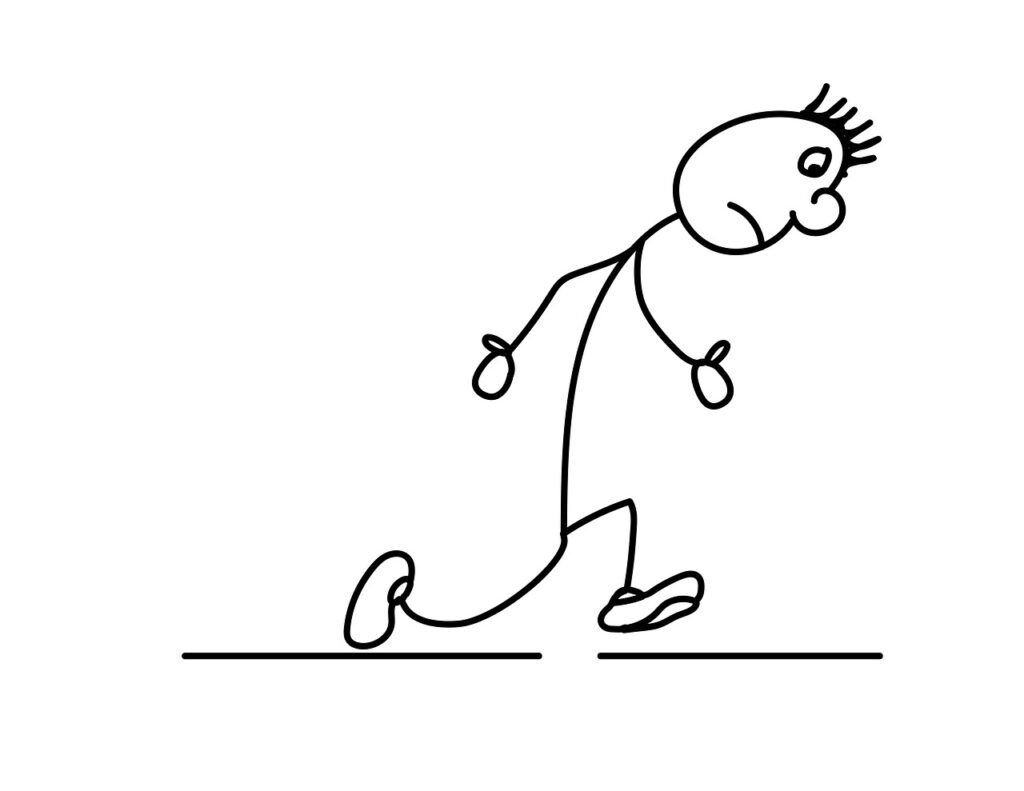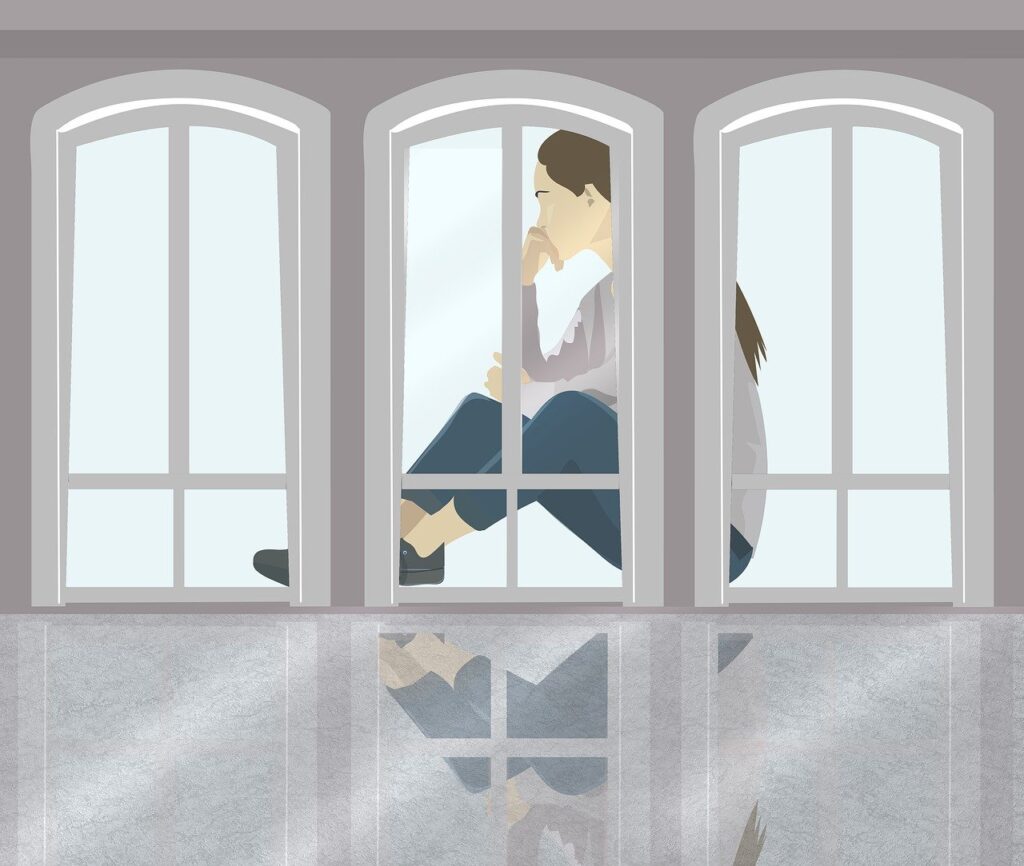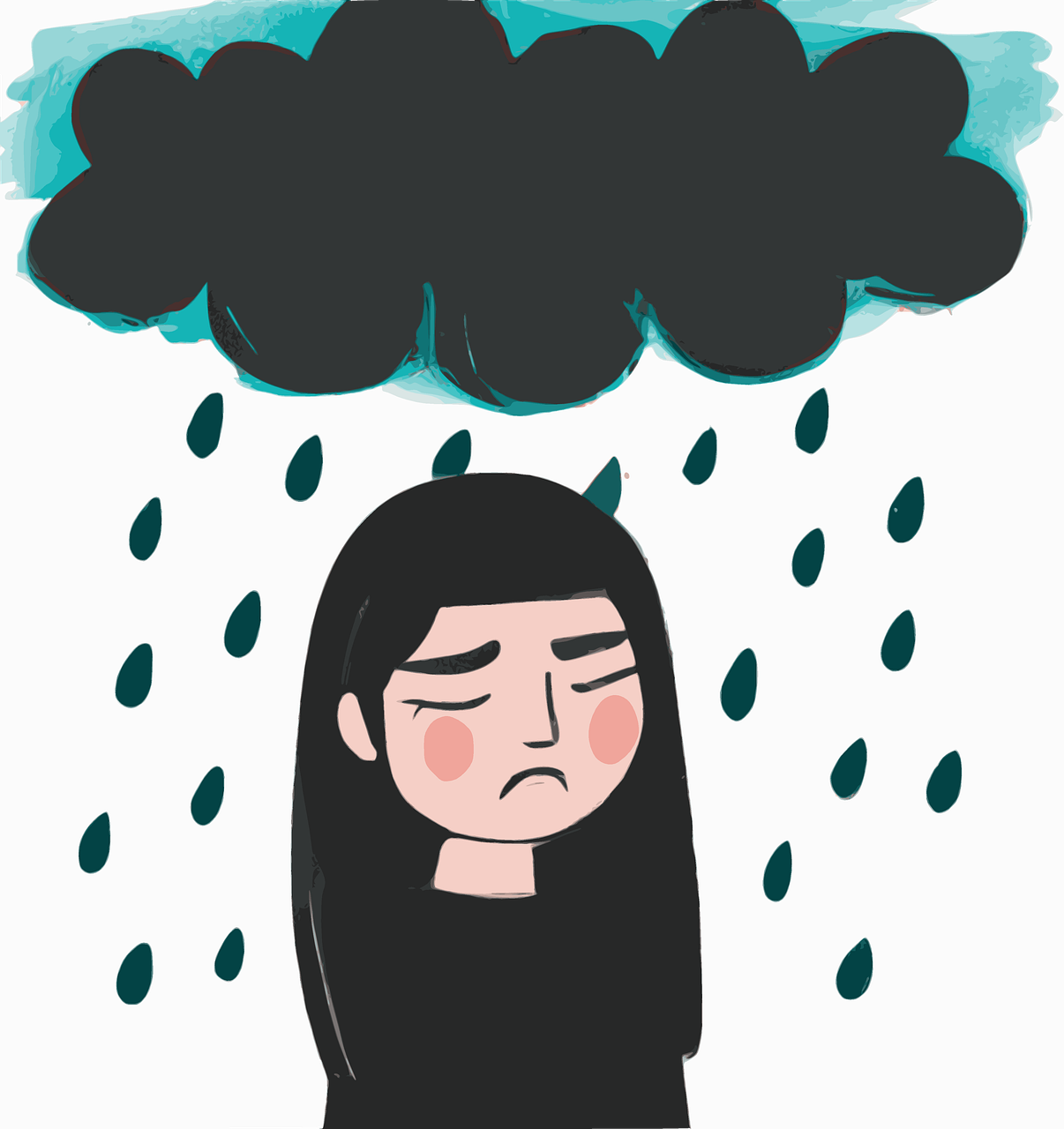Contents Overview
Why Do Symptoms Of Depression Feel Worst In The Morning?
If this happens to you and you feel the same, you should know two things:
✅ First, this is really common.
✅ Second, it’s not just in your head. It’s neither laziness nor a lack of motivation.
There are massive hormonal shifts linked to your circadian rhythm that may be causing morning depression symptoms.
Let’s talk about five surprising biological causes of morning depression and then I’ll give you five things you can do to heal them.
Understanding Morning Depression
✨ Most common complaints regarding morning depression are:
“I didn’t know morning depression was so common. I dread getting out of bed and getting the day started. Once I’m up and moving, my day usually gets better, but then at night, it’s a tossup. Some nights are fine; some are a one-way ticket to existential dread.”
The above description is called diurnal variation, which refers to the phenomenon where certain feelings fluctuate throughout the day due to hormonal changes.
✨ Another one is:
“In the morning, I always get this weird feeling in my body, like a weight on my forehead, like I’m choking up and I just want to scream.”
Many people with depression experience their worst symptoms in the morning. Common signs include:
✔ Struggling to get out of bed
✔ No energy or feeling exhausted
✔ Hopelessness and overwhelm about the day ahead
✔ Brain fog or lack of focus
✔ Irritability and frustration
✔ Difficulty with simple tasks like getting dressed
✔ Feeling empty or numb

What Causes Morning Depression?
1. The Role of Circadian Rhythm
Your circadian rhythm is your body’s internal clock that tells you when to sleep and when to be awake. It’s controlled by the sun’s light and darkness and is responsible for regulating:
✔ Sleep-wake cycles
✔ Heart rate
✔ Body temperature
✔ Energy levels
✔ Mood
At night, your body naturally releases melatonin to help you sleep.
In the morning, it releases cortisol (the stress hormone) to help you wake up.
However, for people with depression, this cortisol spike can trigger:
🔹 Racing thoughts
🔹 Hopelessness
🔹 Difficulty thinking clearly (brain fog)
🔹 A freeze response (hypoarousal)
Which is precisely why in the morning many people sense their bodies shift into survival mode, making movement feel pointless.
2. Genetic Links to Circadian Rhythm
Studies show that people with depression and bipolar disorder have differences in the RORA gene- a protein coding gene that plays a crucial role in regulating psychological processes and controls circadian rhythm.
⭐ Key Findings:
✔ Night owls are more prone to depression.
✔ Many people with depression have delayed sleep phase disorder (struggling to wake up at a set time).
✔ Over 60% of people with delayed sleep phase disorder also have depression.
3. Hypothalamus Inflammation
The hypothalamus- a part of the brain that regulates hormone timing (circadian rhythm) acts as a bridge between the nervous system and the endocrine system, helping to maintain homeostasis (balance) within the body.
✔ Studies show people with morning depression may have an inflamed hypothalamus.
✔ The larger the hypothalamus, the more severe the depression symptoms.
This could explain why waking up feels so physically exhausting for some people.
4. Misalignment of Sleep Schedules
Many people have a messed-up sleep cycle and they tend to wake up during the lowest point of their energy cycle, making mornings especially hard to process.
⭐ Why?
✔ Your alarm clock forces you to be awake before your body is ready.
✔ This misalignment of not getting the right amount of sleep can intensify exhaustion and low mood.
5. Inflammation & Depression
Studies suggest higher levels of Interleukin-6 (IL-6)- an inflammatory marker, are linked to depression.
🎯 When does IL-6 peak?
✔ Early morning- potentially worsening depression symptoms.
✔ Chronic inflammation is linked to mood disorders.
✔ Exercise, hydration and a healthy diet can help reduce inflammation.

How to Treat Morning Depression
1. Light Therapy & Circadian Reset
✔ Sunlight exposure or a light therapy box (15-30 min) helps regulate mood.
✔ Microdosing melatonin (small doses taken early in the evening) can reset circadian rhythm.
✔ Adjust medication timing: Take sleep-inducing meds at night and stimulating meds in the morning.
2. Improve Sleep Quality
✔ Treat underlying sleep disorders (insomnia, sleep apnea, seasonal affective disorder).
✔ Fix your sleep hygiene (reduce caffeine, screen time, alcohol before bed).
✔ Schedule enough sleep, if you get the chance to take a power nap, go for it but make sure its not more than 15-20 minutes, otherwise it will leave you feeling more exhausted than energized. Remember, consistent lack of sleep worsens depression.
⭐ A study stated that treating insomnia led to 87% of participants seeing their depression improve or disappear in a few weeks of time.
3. Manage the Cortisol Awakening Response
✔ Start with one simple step- put your feet on the floor.
✔ Movement helps counteract the freeze response- even a few steps can shift your mood.
✔ Don’t wait to feel better to take action. Action helps lift your mood. As soon as you sense your mood shifting, get up in that moment instantly and either go for a walk or do any kind of movement till you feel a little shift in your mood quality.
4. Build a Support System
✔ Have a friend call or text in the morning for a check-in.
✔ Get a pet- a pet relying on you can help motivate movement from your side.
✔ Focus on one small task at a time (stand up, brush teeth, eat breakfast).
✔ Use the 5-4-3-2-1 method to push yourself into action.
5. Create a Positive Morning Routine
✔ Plan something to look forward to (music, journaling, a walk).
✔ Limit social media & news in the morning to avoid stress triggers.
✔ Practice gratitude & mindfulness to shift your mindset.
✔ Keep a mindful smile on your face to bring an instant change.
Mornings can be difficult, and it’s not just in your head- there are actual biological reasons behind it. The good part is that it can be taken care of.
📌 Key Takeaways
✅ Depression symptoms are linked to circadian rhythm disruptions.
✅ Inflammation, genetics and sleep disorders play a major role.
✅ Small, consistent changes in routine can improve morning depression and even eliminate it from the root.
If you struggle with morning depression and are feeling a constant block in your life, seek support from a doctor or therapist.
Take care, and remember- you are not alone!


